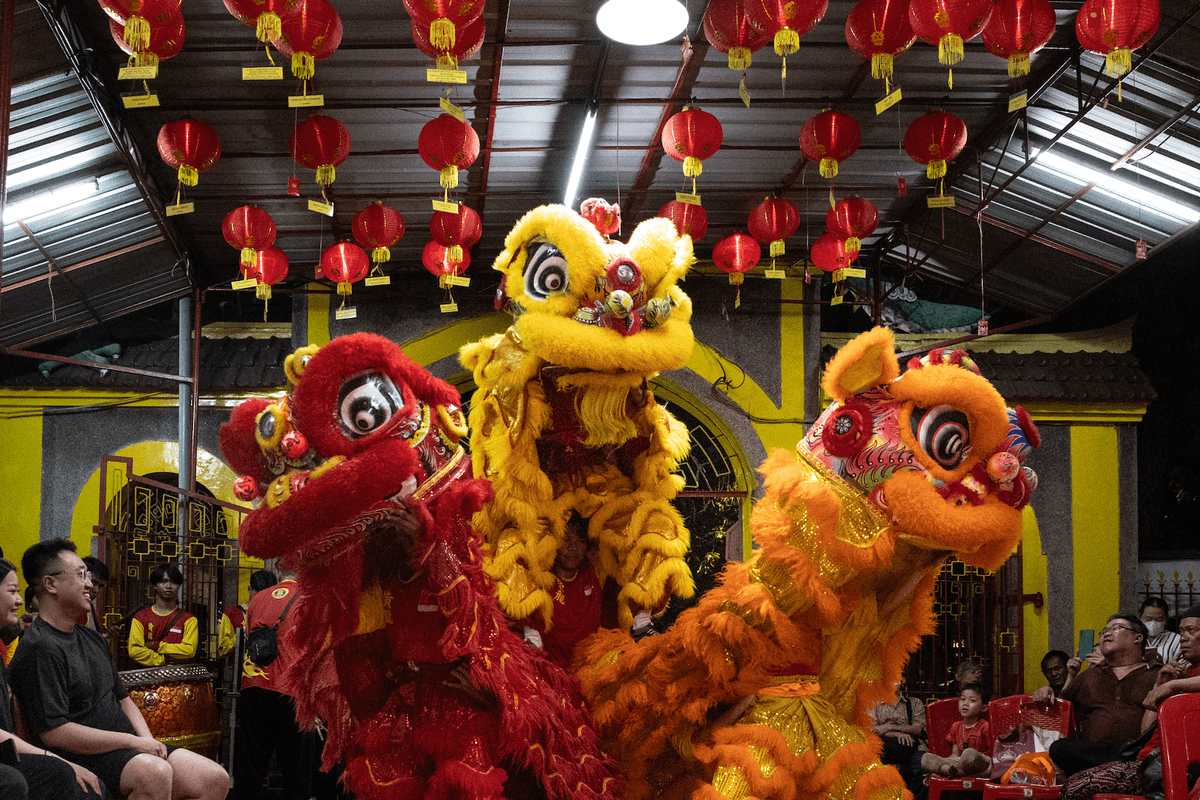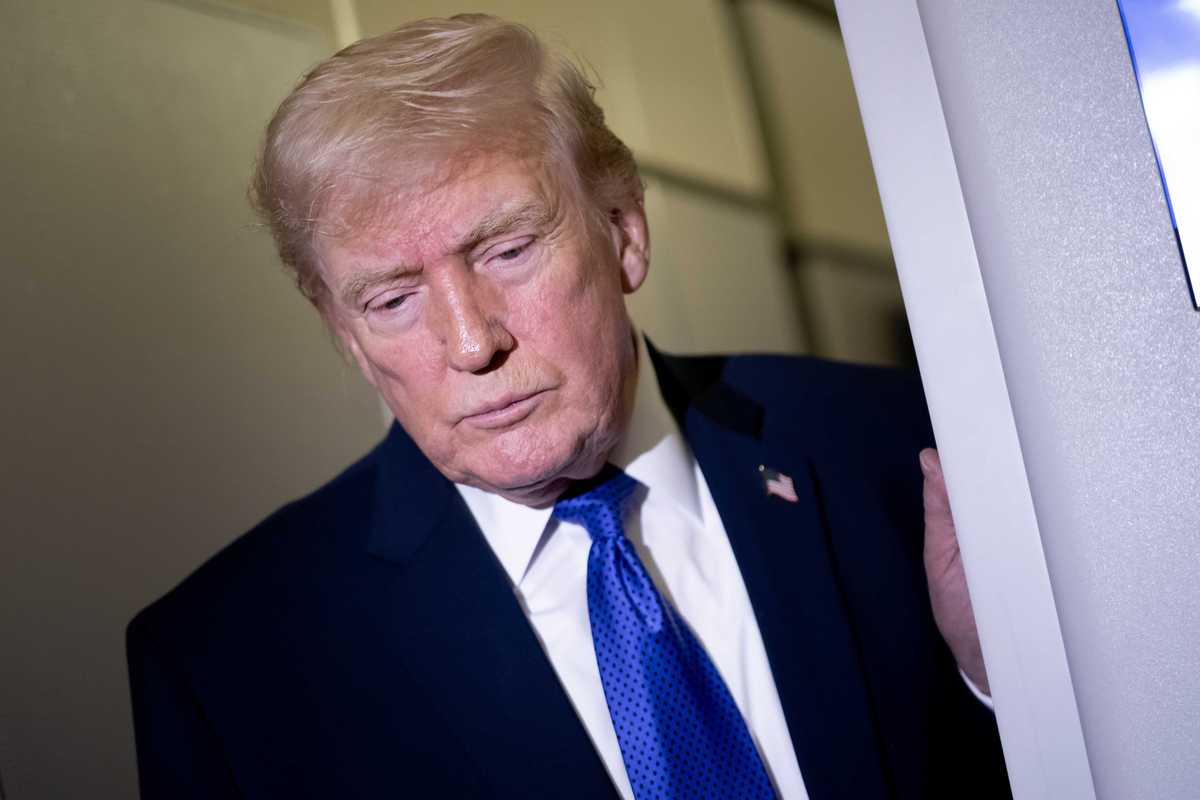News
Bethan McKernan
Dec 19, 2015
The United Nations Security Council approved a resolution on a planned Syria peace process on Friday.
It's the first time the international body has been able to agree on a roadmap for peace talks during five years of the civil war which has left 1 in 20 Syrians dead, turned four million into refugees, and provided a breeding ground for the growth of jihadist groups such as Isis.
U.S. Secretary of State John Kerry (C) talks to Russian foreign minister Sergey Lavrov (R) before the start of a meeting on Syria as UN Secretary General Ban ki-Moon looks on, at a hotel in New York, December 18, 2015 (REUTERS/Jewel Samad)The rare show of unity builds on plans made in previous talks in Vienna, and calls for a ceasefire between the Syrian government and several rebel factions and a two-year timeline before free elections.
No mention was made of the fate of Bashir al-Assad, the current regime president, whose role has proved a major sticking point in previous negotiations.
The Vienna talks in October were criticised for not bringing any members of the Syrian opposition or government to the table, although proxy powers Russia, Iran and the US did manage to sit down together for the first time.
Syrian voices were at least heard in New York yesterday.
But there is a large Syrian demographic still not represented at the negotiating table: women.
A UN report released this year found that the more women that are involved in peace talks, the more likely negotiations are to be successful, and women's empowerment "accelerates economic recovery after conflict and counters violent extremism".
The author of the report, Radhika Coomaraswamy, said that the study proved "beyond doubt" that:
[Women's] participation in peace processes sustains [those] processes for a much longer time than efforts that exclude them.
What's more: Open Democracy points out that female Syrian peacemakers have actively asked to be involved in the ongoing peace talks, but have so far not been included by the international community.
Unidentified Syrian opposition activists chant in Antalya, Turkey, on June 1, 2011 during the opening session of a three-day meeting to discuss democratic change against President Bashar al-Assad's regime. (ADEM ALTAN/AFP/Getty Images)The obstacles to ending the nearly five-year civil war remain daunting - hundreds of different factions are thought to be vying for power in the country at present.
Talks between the Syrian government and a coalition of opposition forces are expected to begin in January.
The continued battle against Isis will also be discussed.
More: The conflicts likely to be fought in 2016
More: Republicans are victim-blaming Syrian refugees for the Paris terror attacks
Top 100
The Conversation (0)












